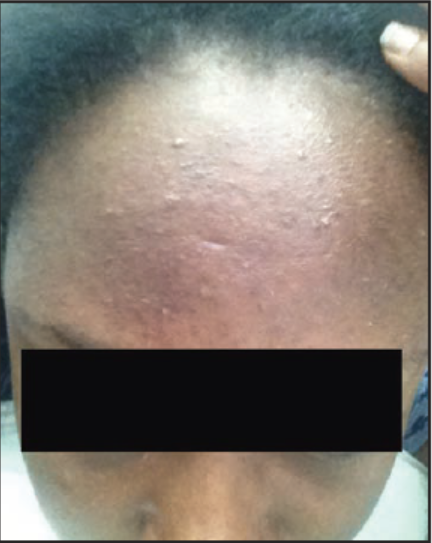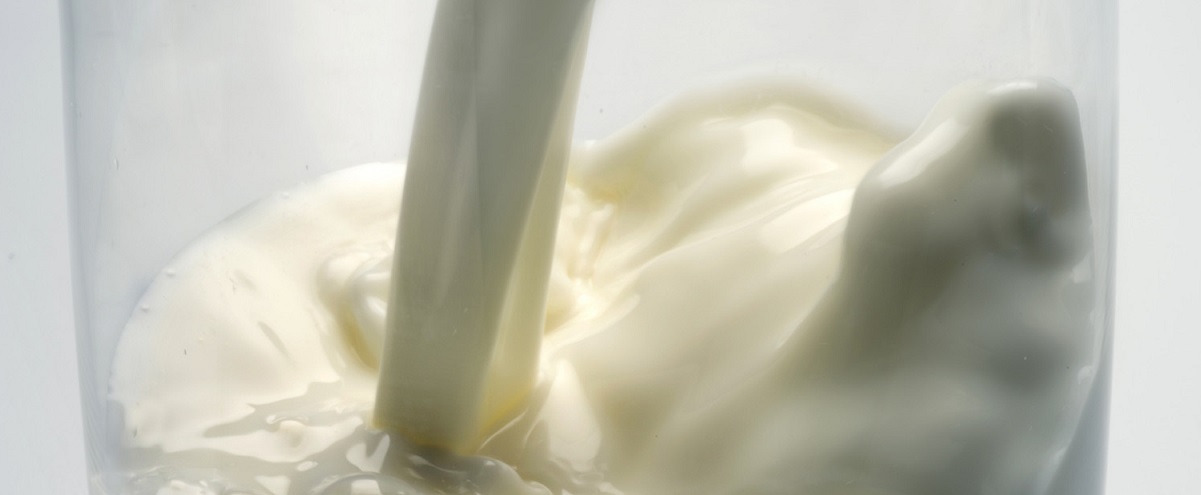You came here early to learn more about our new animated acne guide. To be notified when our book launches this Fall, email naomi[at]clearskinweekend.com.
Until Sunday, July 12, 2020, Clear Skin Weekend is on SALE for $5.99.
You came here early to learn more about our new animated acne guide. To be notified when our book launches this Fall, email naomi[at]clearskinweekend.com.
Until Sunday, July 12, 2020, Clear Skin Weekend is on SALE for $5.99.
In a previous blog post, we discussed the impact that over-the-counter drugs can have on an individual’s intestinal gut health. Today, we’re extending the conversation on intestinal health and exploring a condition known as “Leaky Gut Syndrome.” To learn more about Leaky Gut Syndrome, I reached out to Carla Hernandez, a certified nutritional therapy practitioner and founder of nutritional consultancy firm Wise Roots. In the interview below, Carla provides details about the connection between skin care and overall health.
What sparked your interest in nutrition, health and skin care?
My interest began in high school where also the start of my health issues began. I was a competitive athlete as a runner and had an unhealthy relationship with food. At the time I was anorexic and in college I had gone through bouts of bulimia, running close to 80 miles a week, practicing restrictive eating and counting calories. It started with fatigue issues, then digestive problems and finally my skin was effected with acne that kept getting worse, more severe and consistent.

You have acne and you’ve tried everything you can think of to get rid of it. Have you considered the possibility that you skin condition might not be acne?
I can remember the day I discovered that my acne wasn’t exactly acne. After staring in mirror at my pimply-covered forehead, I had to finally admit that none of the previous acne treatments I’ve tried—including a variety of topical creams, medicated facial washes, hormone pills or supplements—seemed to improve the acne in that particular area of my face. Not even the “Clear Skin Weekend” anti-inflammatory diet made a difference to the minefield of small pustules on my forehead. As I stared in the mirror, I remembered this fact: The only time I had completely clear skin all over my face was when an overpriced dermatologist put me on a long antibiotic course to treat my acne. (Sidenote: Now, in hindsight, I understand that using antibiotics to treat acne is a lose-lose solution that will not work long-term, but at the time I was willing to try anything.) I then wondered: Why is there an overgrowth of bacteria in one particular area of my skin?

Warning: Don’t pop a pimple! Don’t even think about it because you will make the situation worse in 99.99% of blemish cases. So don’t do it! Touching the pimple pushes bacteria deeper into the skin and helps it spread to other areas of your face. It’s also possible that your pimple is actually cystic acne, which is embedded deeply in the skin tissue and will never surface to a “poppable” head. Popping a pimple can also cause scarring. I beg you, don’t pop a pimple.

For those who don’t know, I’m an acne blogger who is pretty careful (“obsessive” is a better word) about the things I eat because I do not want my severe acne to make a comeback. I avoid eating high-glycemic foods, such as sugar and white carbohydrates, and foods that cause me to have allergic skin reactions like soy. But I’m human, so I slip up every now and then and I have a piece of cake or a high-sugar fruit like a mango or pear. But there is one food that I avoid at all possible costs—almost to the point where I do not want to even touch it. That food is dairy.Epidemiological evidence proves that milk consumption has an acne-promoting or acne-aggravating effect. Dairy contains testosterone components that stimulate oil glands in the skin, setting the stage for acne. Dairy glues together dead skin cells inside skin pores, so that the cells cannot exit naturally, which leads to clogged pores.